Understanding the differences between FOB (Free on Board) and DDP (Delivered Duty Paid) is crucial for businesses to make informed decisions in international trade and shipping. These two terms are part of Incoterms (International Commercial Terms), a set of rules that define the responsibilities of sellers and buyers for the delivery of goods under sales contracts.
They dictate the roles of each party in a transaction, outlining the costs, risks, and obligations involved in the shipping process.
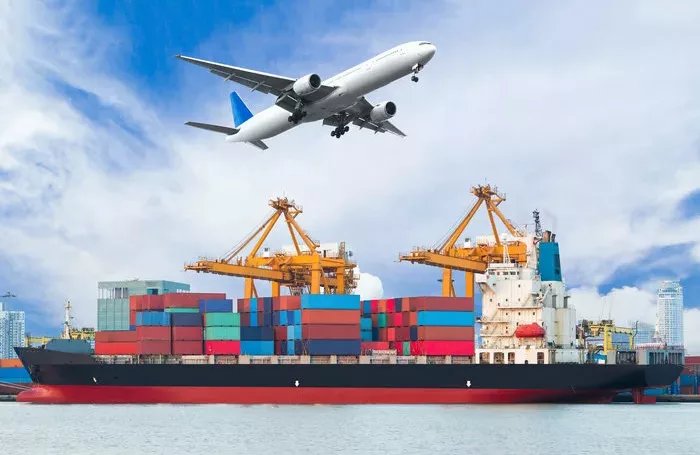
FOB is a widely used Incoterm in which the seller is responsible for delivering the goods on board a vessel designated by the buyer at the agreed port of shipment. The risk of loss or damage to the goods is transferred from the seller to the buyer once the goods are on board.
On the other hand, DDP entails the seller taking on all the risks and costs associated with delivering the goods to the destination specified by the buyer, including transportation, insurance, customs clearance, and other applicable fees.
Key Takeaways
- FOB and DDP are essential Incoterms affecting the responsibilities and costs for sellers and buyers in international trade.
- FOB involves the seller delivering goods on board a vessel at the agreed port of shipment, while DDP requires the seller to assume all risks and costs in the delivery process.
- Understanding these terms is critical for making informed decisions related to shipping, costs, and risk management in global trade.
Understanding FOB and DDP
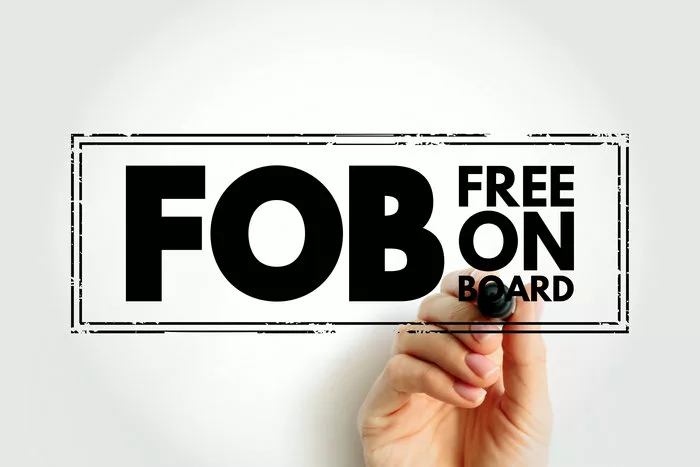
In international trade, it’s essential for both buyers and sellers to comprehend the terms guiding transactions. Two pivotal terms, FOB (Free On Board) and DDP (Delivered Duty Paid) are part of the Incoterms established by the International Chamber of Commerce (ICC).
FOB (Free On Board) refers to a shipping arrangement where the seller delivers goods on board a vessel, to the port the buyer chooses. The seller takes care of the costs and risks associated with transporting the goods to the port of shipment. Once the goods are on board the vessel, the risk of loss or damage to the goods is transferred from the seller to the buyer. In a FOB contract, the buyer is responsible for organizing and paying for the transportation from the port of shipment to the final destination, including any necessary customs clearance and duty payments.
On the other hand, DDP (Delivered Duty Paid) is a delivery agreement whereby the seller assumes all responsibility and costs related to the transport of the goods until they reach the agreed-upon destination. This includes shipping costs, insurance, customs clearance, and duty payments. The buyer’s role in a DDP transaction is to accept the goods upon arrival at the agreed destination and handle any further distribution.
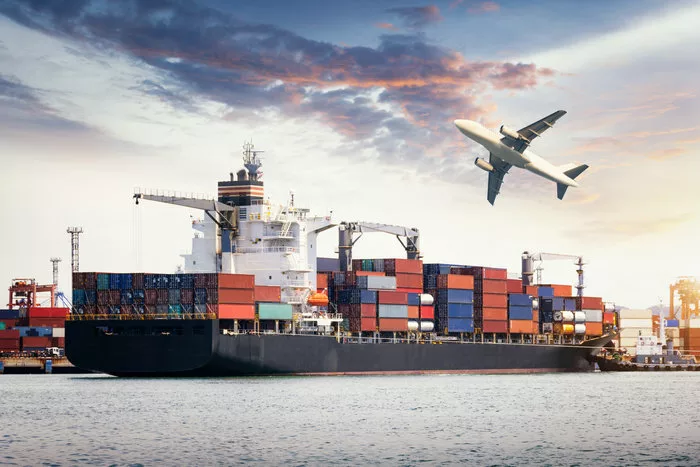
In essence, in international trade, FOB and DDP delineate distinct roles and obligations for both sellers and buyers. In FOB agreements, the buyer has more control and responsibility for organizing and paying for transportation.
In contrast, in DDP agreements, the seller bears the costs and risks associated with the shipping process.
Knowing which shipping term to use depends on factors such as the parties’ expertise, financial capabilities, and preferences regarding control and risk allocation in the transaction. It’s important for both sellers and buyers to fully understand FOB and DDP and consider the implications of each on their respective responsibilities to make informed choices and ensure successful international transactions.
FOB – The Process
When dealing with international shipping, Free on Board (FOB) is a widely used Incoterm that defines the responsibilities and risks associated with the transportation of goods.
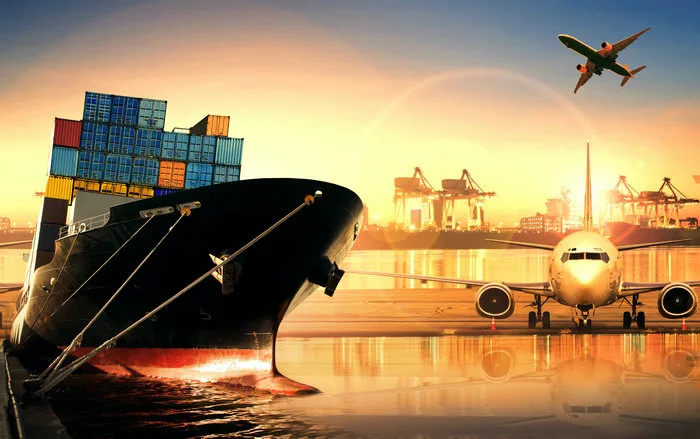
As a seller under FOB, your responsibilities include:
- Preparing and packing the goods for transportation
- Transporting the goods to the port of shipment
- Loading the goods onto the buyer’s designated vessel
On the other hand, as a buyer, your responsibilities involve:
- Arranging and paying for the transportation from the port of shipment to the final destination
- Obtaining the necessary shipping documents
- Covering the risk of loss or damage to the goods once they are on board the vessel
FOB shipping term offers a distinct division of responsibilities between the buyer and seller. It provides a clear point at which the risk and costs are transferred, making it easier for both parties to know their obligations.
When using the FOB Incoterm, always specify the exact port of shipment in the contract. This helps avoid any misunderstandings or disputes regarding the location where the transfer of responsibility occurs.
DDP – What it Involves
When dealing with Delivered Duty Paid (DDP), it’s essential to understand the responsibilities of both the seller and the buyer.
As a buyer, you’ll appreciate that the seller handles all logistics, from shipping the goods to handling import-related costs. This means you won’t have to worry about coordinating transportation, paying taxes, or navigating customs clearance procedures. Your primary responsibility is to receive the goods at the specified destination.
On the other hand, the seller’s obligations in a DDP transaction are more complex. They must manage all aspects of the shipping process, from arranging transportation and ensuring the goods are adequately packed to obtaining any necessary permits and coordinating customs clearance at both the export and import points.
Additionally, the seller is responsible for covering all costs, such as taxes, duties, and transportation fees.
However, it’s essential to remember that while DDP offers a more streamlined experience for the buyer, the increased responsibility on the seller can result in higher fees. These costs can ultimately be passed down to the buyer as a higher product price.
Import and Export Procedures
With FOB, the seller is responsible for delivering the goods to the loading port and clearing the products for export. Once the goods have crossed the ship’s rail, all risk transfers to the buyer responsible for the freight, insurance, and import customs clearance.
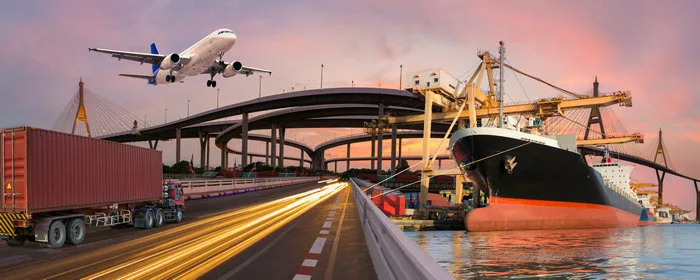
It is crucial to consider the specifics of your import or export situation when deciding between FOB and DDP. With FOB, you should be prepared to manage more aspects of the process, such as negotiating shipping contracts and dealing directly with customs agencies. On the other hand, DDP may be a better choice if you prefer the seller to handle all shipping and customs-related tasks. Regardless of your chosen term, ensure you comply with international trade regulations and procedures to avoid unnecessary delays and penalties.
Costs and Fees
When comparing Free on Board (FOB) and Delivered Duty Paid (DDP) shipping terms, it’s essential to understand the costs and fees involved in each method.
Our company, Luckystar Logistic, offers competitive fees, so you should consider hiring us. You can get in touch by sending us a message via the customer contact form on our website. We will send you a personalised quote.
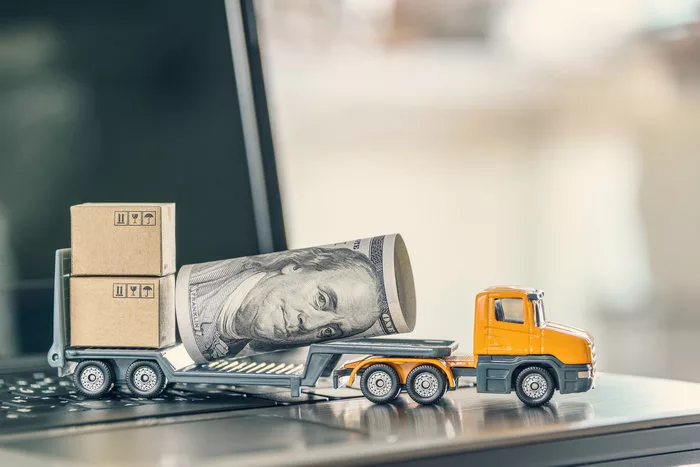
Choosing between FOB and DDP shipping terms ultimately depends on your preferences, risk tolerance, and the specific needs of your business. FOB might be a better option if you prefer to have more control over the shipping process and logistics. However, DDP may be the right choice if you want to reduce the potential risks and headaches associated with handling logistics.
Global Trade Implications
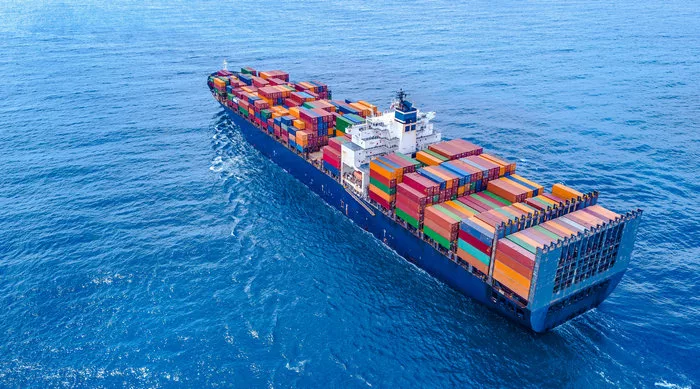
As a significant player in international trade, China often utilizes FOB and DDP arrangements. If you’re buying from China, consider the potential customs fees, especially in a DDP agreement, as the exporter may integrate those fees into the sales price. This could lead to higher overall costs than FOB, where you’re responsible for negotiating custom fees and other charges.
Regardless of the shipping terms chosen, ensure adherence to commercial laws within the exporting and importing countries. Maintaining clear communication between all parties can help avoid disputes or delays in receiving your goods, ultimately protecting your interests in global trade transactions.
Logistics and Carriage
FOB requires buyers to coordinate carriage from the shipment port to the destination, often necessitating collaboration with freight forwarders. In contrast, DDP lets sellers manage the entire carriage process. There are other shipping terms like Carriage Paid To (CPT) and Delivered at Place (DAP) that buyers and sellers might consider based on their specific needs.
Frequently Asked Questions
1. What are the main differences between FOB and DDP?
FOB (Free On Board) is an Incoterm in which the seller is responsible for delivering the goods onto a vessel designated by the buyer at the agreed port of shipment. The risk of loss or damage transfers from the seller to the buyer once the goods are on board the vessel. DDP (Delivered Duty Paid) is another Incoterm, where the seller assumes all responsibilities, risks, and costs for delivering the goods to a final destination, including customs clearance and payment of duties and taxes.
2. How do Incoterms impact FOB and DDP?
Incoterms, or International Commercial Terms, are rules that define the responsibilities and obligations of buyers and sellers in international trade.
3. How does FOB compare to CIF and DDP?
FOB (Free On Board) differs from CIF (Cost, Insurance, and Freight) and DDP (Delivered Duty Paid) in terms of the responsibilities and costs assumed by the seller and buyer. Under FOB, the seller covers the costs and risks of delivering the goods to the vessel, while the buyer assumes responsibility once the goods are on board.
In CIF, the seller assumes additional responsibility for arranging and paying for transportation and insurance until the goods reach the destination port. In DDP, the seller is responsible for all costs, risks, and customs clearance for delivering the goods to the final destination.
4. Which is better for international shipping: FOB or DDP?
The choice between FOB and DDP depends on the specific needs and preferences of the buyer and seller involved in the international shipping process. FOB is usually preferred by buyers who want a good balance between lower costs and less hassle since they have more chances to negotiate better shipping costs.
On the other hand, DDP is more suitable for buyers who prefer the seller to handle all shipping responsibilities, including customs clearance, payment of taxes, and ensuring compliance with import regulations.
5. How do FOB and DDP affect buyers and sellers?
FOB and DDP have different implications for the responsibilities and costs borne by buyers and sellers. Under FOB, buyers have more control over the shipping process and can negotiate better shipping rates.
However, they also assume the risk of loss or damage once the goods are on board the vessel and are responsible for import clearance and documentation. In DDP, sellers assume all risks, costs, and responsibilities associated with delivering the goods to the final destination, which can result in higher costs for sellers but provides greater convenience for buyers.
Hire Us Today
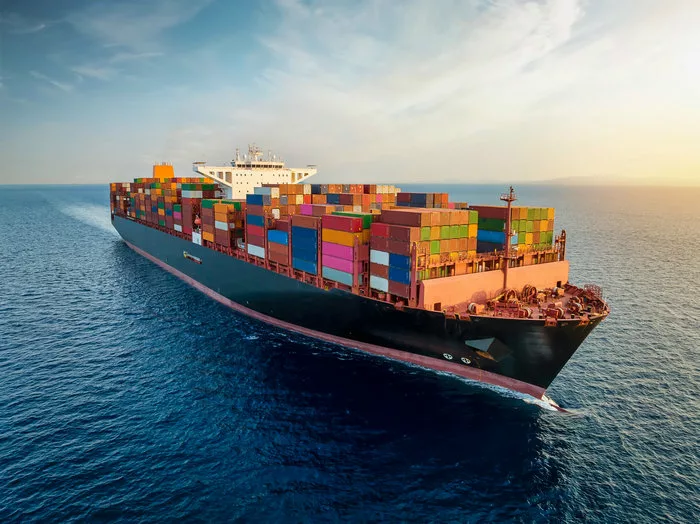
For fast and seamless shipping experience, hire our team. We deliver goods to global locations, and our excellent record is impressive. Contact us via the customer contact form to enjoy our FOB shipping services.
